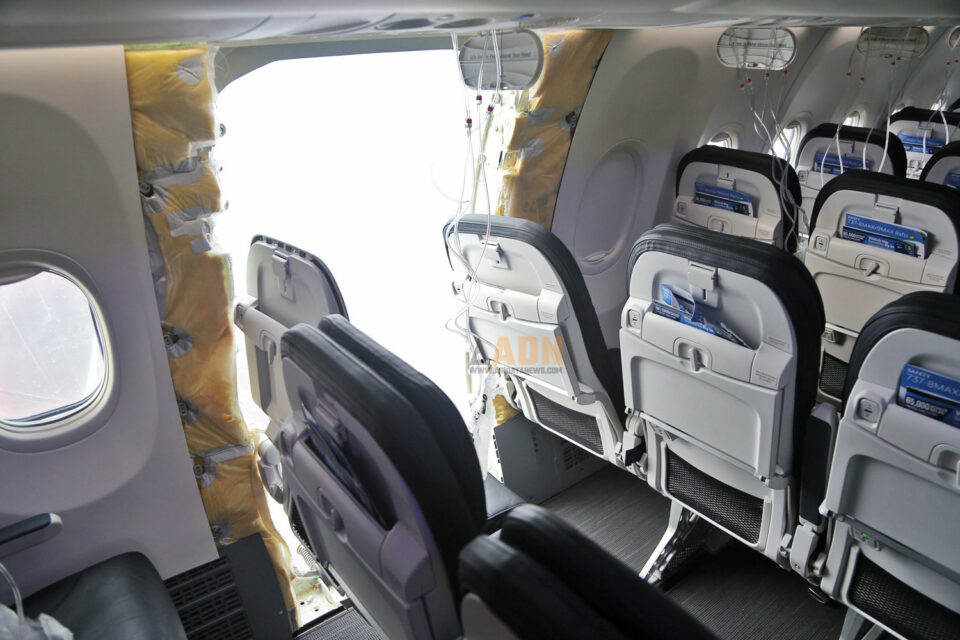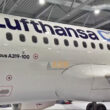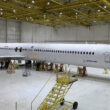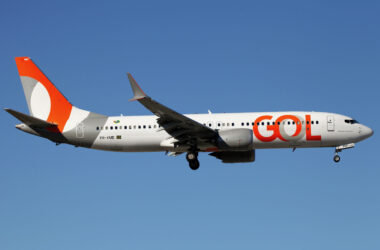The NTSB (National Transportation Safety Board), which is in charge of investigating the causes of the explosive depressurization incident with the Alaska Airlines Boeing 737 MAX 9, announced that it had found the plug port that fell off the aircraft on Friday.
According to investigators, the piece fell into the garden of a house in Portland, from where the aircraft took off on flight AS 1282 on January 5.
The US transportation safety agency held a press briefing where it revealed some preliminary information, such as the fact that the structure of the Boeing 737 was kept intact, despite extensive damage to internal panels.
Also according to the NTSB, the N704AL aircraft, which had been delivered by Boeing just over two months ago, had depressurization warnings on three other occasions, but the problem was initially attributed to a failure in the warning light.
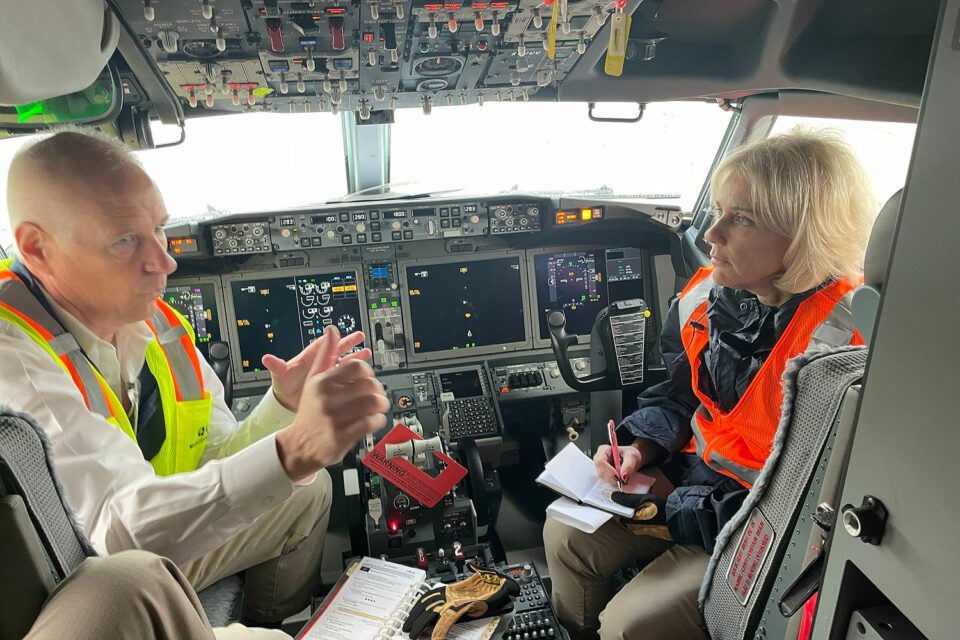
Jennifer Homendy, president of the NTSB, however, said the incidents may not be related to the emergency exit problem.
The plug door is a finishing alternative for 737 jets in cases where the operator does not use the aircraft’s maximum capacity, of around 220 seats.
In these cases, it is necessary to have two extra exits located just after the trailing edge of the wings.
However, few 737 MAX 9s were equipped with the doors and the alternative offered by Boeing is the installation of the plug panel, a complementary piece that is fixed by brackets in place of the door.
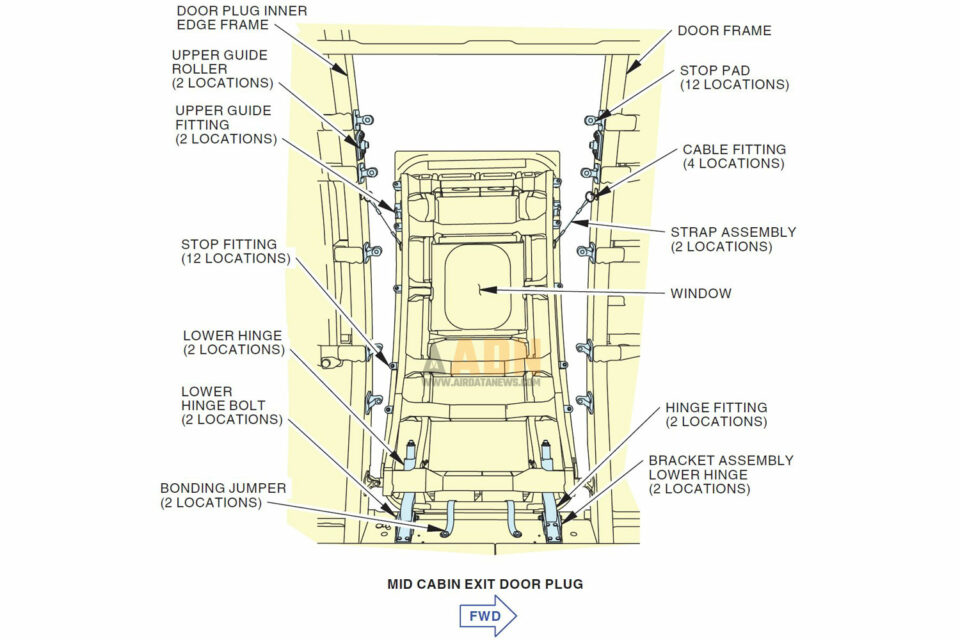
According to data from Planespotters, the four largest operators of the 737 MAX 9, United, Alaska, Aeromexico and Copa Airlines, have grounded all of their aircraft, with the exception of eight jets from the Panamanian carrier, which have the extra door and continue flying.
Follow Air Data News: Google News | Instagram | LinkedIn | Twitter | Facebook
Experts interviewed by some outlets avoided drawing conclusions, but suggested that the issue was more likely to have occurred due to the design or assembly of the panels.
Therefore, factors are the responsibility of Boeing and Spirit Aerosystems, which manufactures the fuselages and various structural components of the 737.
